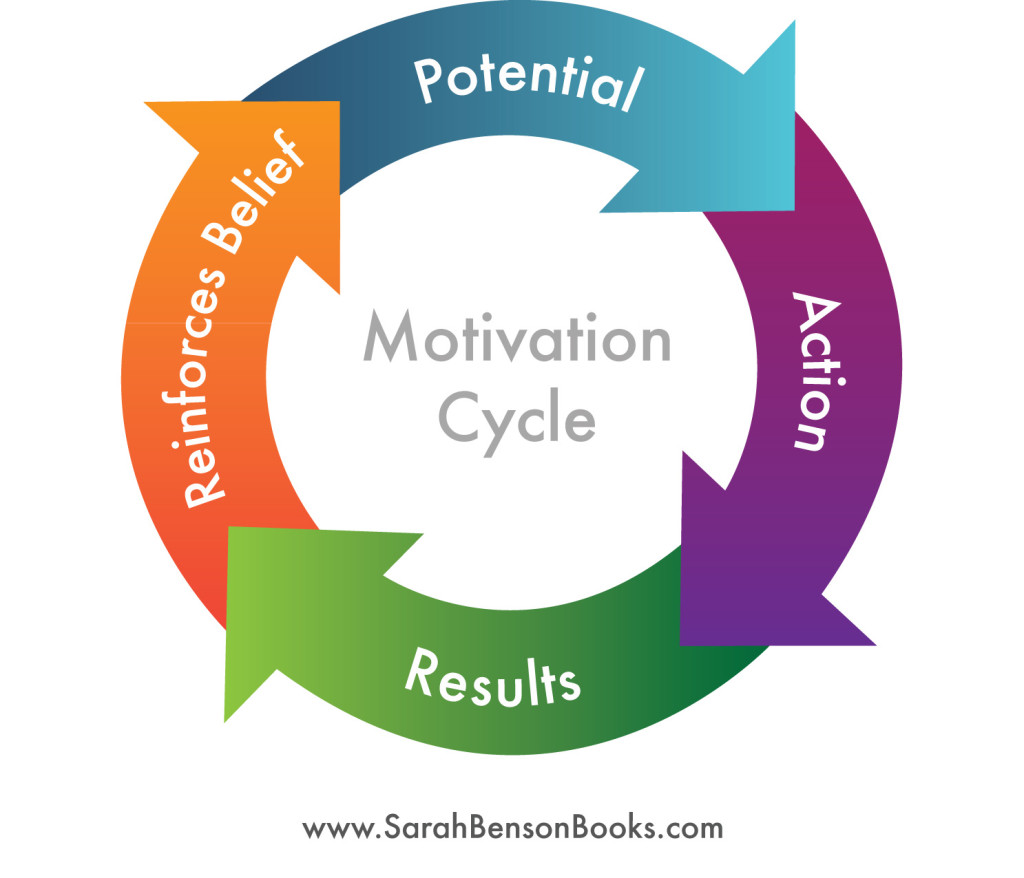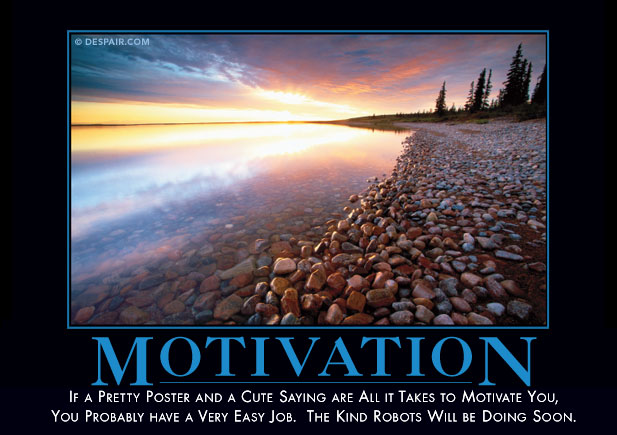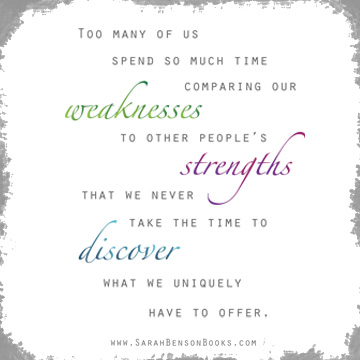This is a poignant post for me because I’ve been there. It’s hard to stay motivated when the story isn’t coming, or I get one more “this isn’t quite right for me” response to a query, or after an exhausting day with the kids and work.
It’s one of the unique things about being a writer.
Most of us have to labor at the craft for a period of time, usually years, before we know we have something to show for it. What other job would you work that long and that hard for without an assurance that you will be paid?
It’s hard to calm the sneaky voices inside our heads asking “What if you’re not good enough? What if you spend all this time on it and nothing comes of it? Is it worth the sacrifice when you could be spending (fill in the blank—more time with the kids, cleaning the house, relaxing, working a “real” job that actually pays)?
The Good News is You’re not Alone.
I don’t know of a single writer who hasn’t struggled to stay motivated at some point. Most writers can point to piles of rejection letters and manuscripts that probably ought to be torched. At what point do you transition into publishable?
A lot of people want to be writers. A lot of people fail at being writers. What I want to know is why some people make it with writing and some don’t? What is the difference?
I had completed a manuscript thinking it was in awesome shape, but a heavy structural edit quickly killed that thought.
So I just quit for awhile. Couldn’t muster up the energy to keep writing. I wasn’t sure what direction to take. I wondered whether I was good enough to be considered a real writer.
Then in the midst of my funk, I stumbled across this video and started applying what I learned. It helped me, and I hope it can help you.
Tony Robbins, Frank Kern and John Reese have some interesting insights into why we succeed or fail. Most people have heard of Tony (Mr. Motivation), but if you don’t know Frank or John, they are internet marketing guys. It’s a little long, but watch it, particularly from about 3:25 to 19:10. The rest will make more sense if you do.
Okay, pretty fascinating, right? Let’s dig into how this applies to writers.
Why Do Writers Fail?
The main reason writers fail is because of fear, which leads to doubt. Fear is what keeps people from seeing something through. If you notice all the questions above, they are all rooted in fear. I’m not good enough. I’m wasting time. Nothing will come of it. They are all rooted in the negative. As if you already know you’re not going to make it. Doubt and fear is what causes hesitation. Then life slips back in and sweeps you away from your dream.
Here’s a Motivation Chart graphic I created showing Tony Robbins’ concept.
 This concept is a universal truth that can be applied to any endeavor.
This concept is a universal truth that can be applied to any endeavor.
Problem is, for us writers there is often a breakdown with the process.
Most writers know they have potential, at least some. So they dig deep, churn out the writing, pluck up their courage and send it out to agents. For the vast majority of writers, frustration follows as they wait to hear back from agents or their agents shop their manuscripts from publishing house to publishing house.
The writers have tapped into their potential, they have taken action, but they are not seeing results. What does that do? It kills momentum. It shakes up their belief. They question their potential. It’s harder to take action. Less action means fewer results and unless you’re one of those dedicated people who persist, it’s hard to keep writing without any perceived progress.
I know of one writer who spent twelve years stuck in this limbo and never did get the book deal. That’s insane.
Getting caught in this downward cycle is poisonous and self-fulfilling. That is a major reason why so many quit. Failing kills their desire.
What Keeps Us From Moving Forward
Most people have preconceived notions of what their real potential is, and though they likely are capable of more, it’s difficult to convince them of that. Why? Because limiting beliefs are formed shortly after birth. We are programmed by what we hear from parents, friend, teachers. Our beliefs are formed based on successes and failures experienced as a child.
But how accurate are these perceptions? The truth is, most of us are living far below our potential. We are capable of so much more.
If you are taking too little action, it’s likely you need to start with the problem of belief. It’s easy to think success is for other people, but not for me because _________ (fill in the blank, we all have reasons, right)?
Here’s the deal. Successful people all know this is bunk. Why? Because they’ve been there—with big dreams and little to show for it. Yet. But now that they are successful, they know that they are not any more special than anyone else. They put their pants on one leg at a time. They simply created a mindset that permitted them to dream and then pursued it until it became a reality. It’s an inner belief that no one can take away from them. Failure is not an option.
I’ve heard it said that successful people have two extra inches to their intestines. In other words, they’ve got more guts. It takes guts to believe in yourself when it seems no one else seems to. We writers have unique insights into our potential, into what we uniquely have to offer and it would be a crying shame to throw that knowledge away simply because others don’t yet appreciate it.
Are some people more naturally talented in some things than others? Are some born into more ideal situations that others? Sure. But consider the following:
Your mindset determines the difference. The change has to happen in your mind first. You have to be more afraid of what life will be like if you don’t follow through. You have to believe you can overcome whatever obstacles block you. You have to refuse to be mediocre. You have to know with a certainty that you can do this. When you’re sure, you will do whatever it takes because you know it will happen and change your life and you have then manifested what you first saw only in your mind. That’s why it’s so important to understand this because if you are consciously aware of how and why breakdown happens, it will empower you to change it.
The Most Important Thing You Can Do to Succeed as a Writer
The most important thing you can do to succeed is to develop a mindset of certainty that has nothing to do with the publishing process and the speed with which agents and publishers deliver or quality of feedback from your readers. That is out of your control. But developing a state of certainty is in your control. Tell yourself if I can’t find a way, I will make a way.
Before you know it you will:
- Tap a lot more potential
- Certain of potential, you will take massive action
- Taking massive action, you will get great results
- Getting great results will reinforce your belief
Now that your belief system is stronger, you will tap into more potential. You will take more action. You will get more results. You will be in a positive, upward cycle and you will feel awesome!
Getting in the empowering state of certainty help you ride out the low points and avoid discouragement as you are fixed in the determination that working long enough and smart enough, you will realize your dreams.
So what or who has inspired you to write?

